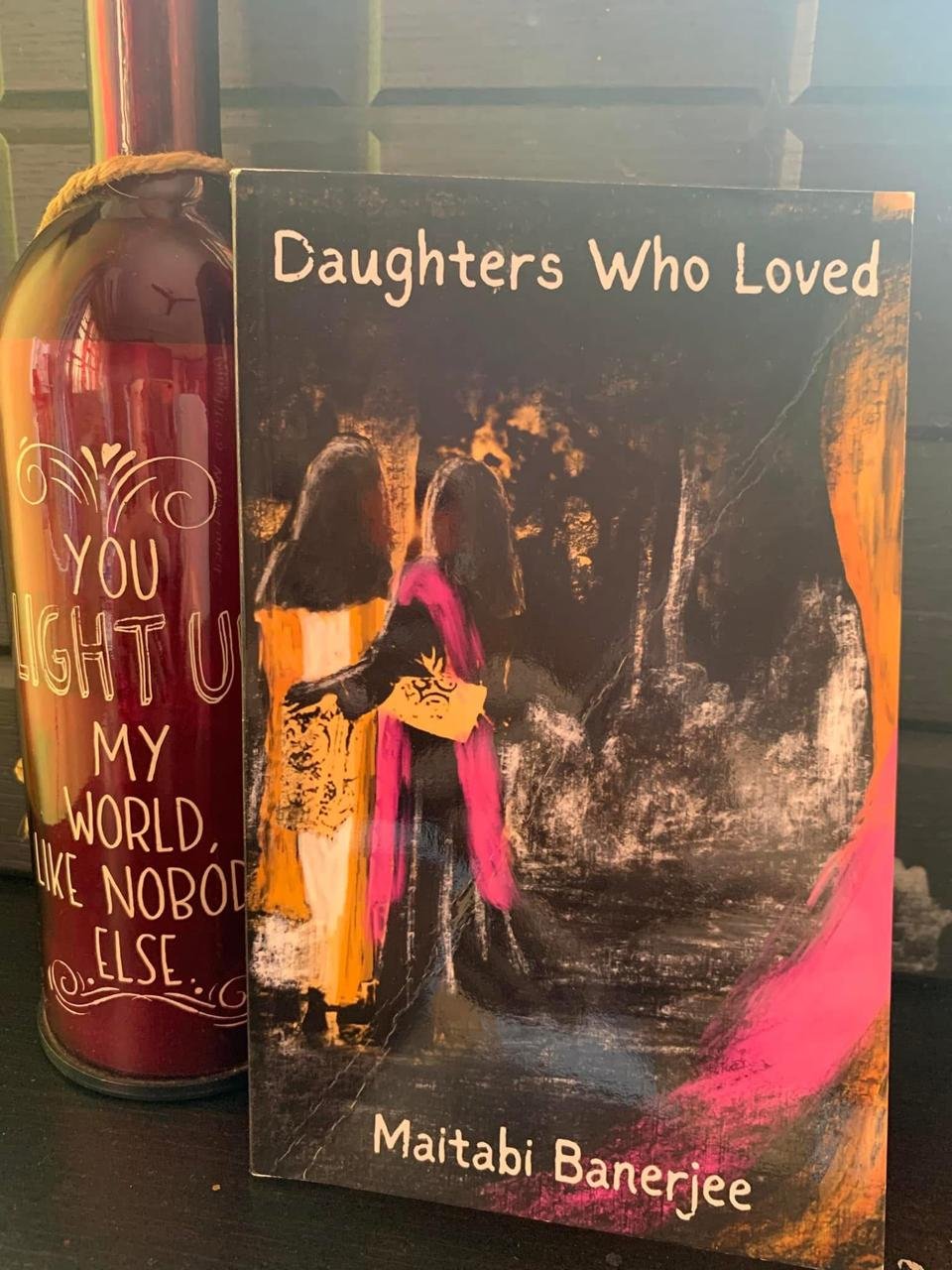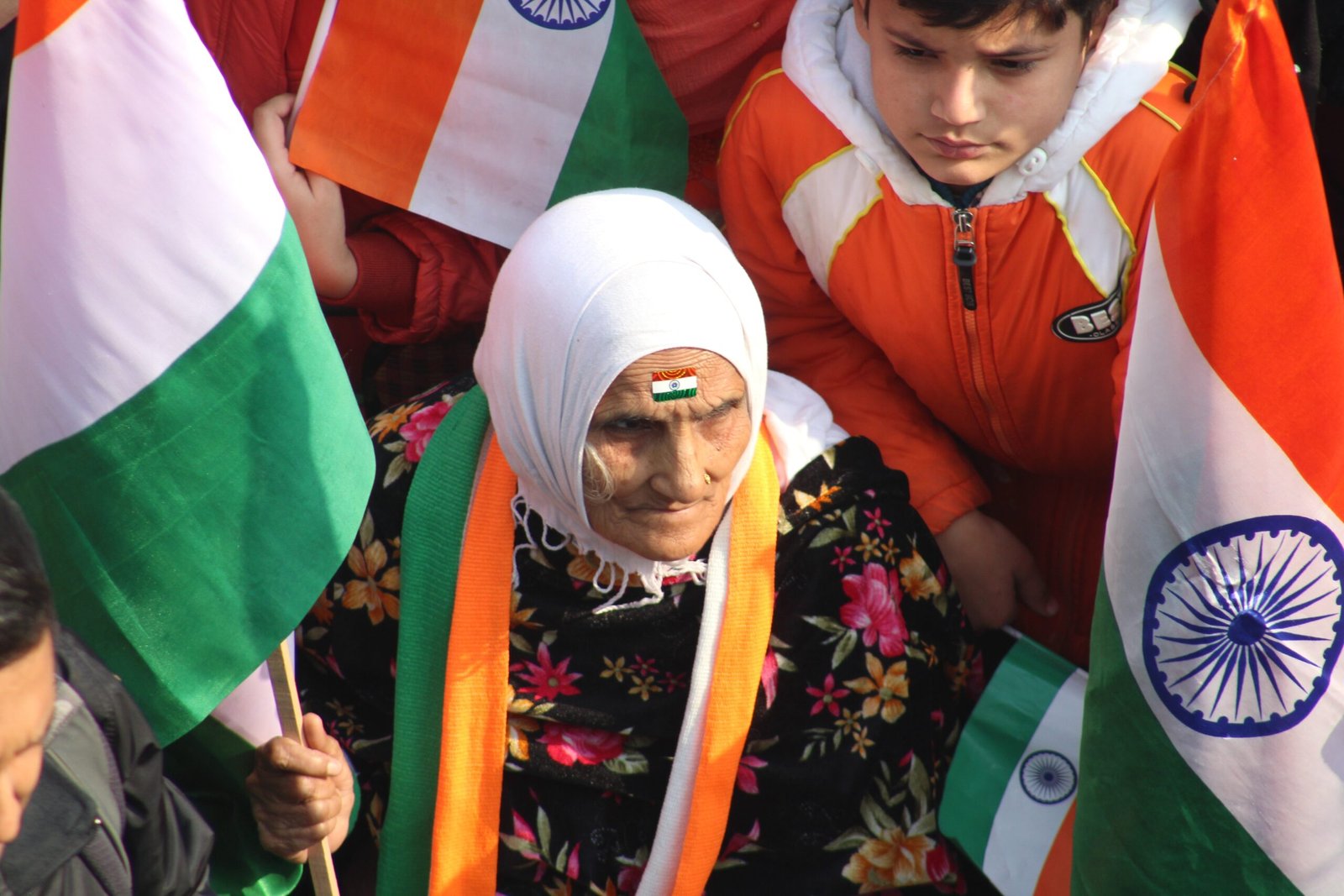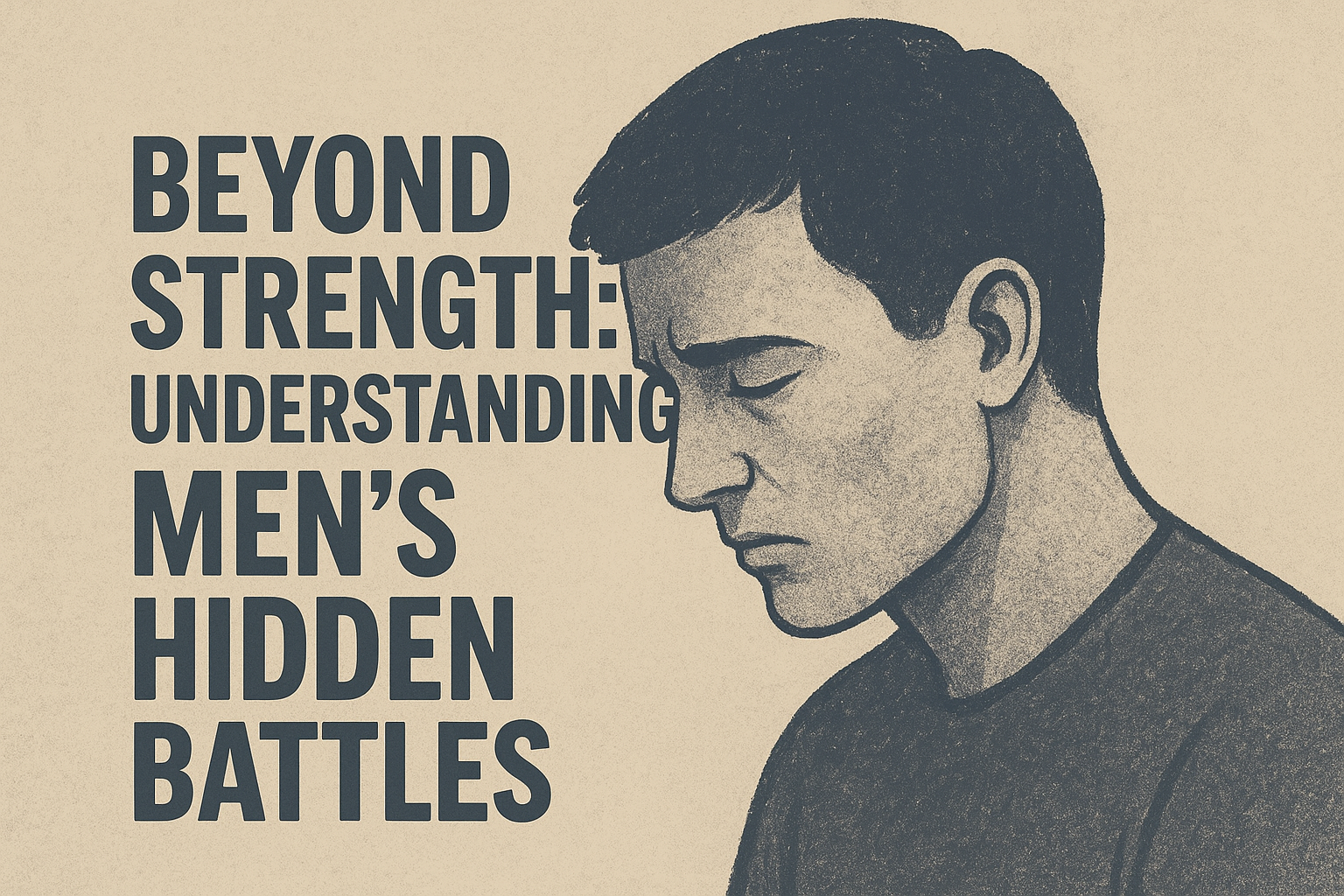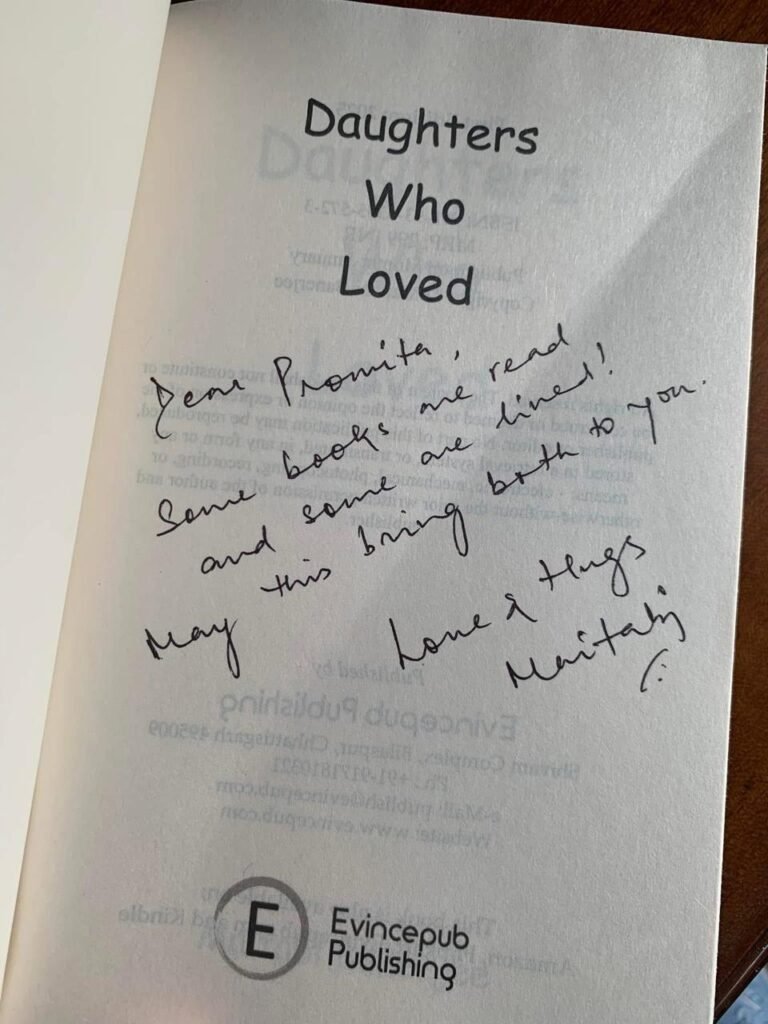
It’s a privilege to receive a signed copy of the author and a bounty if it begins with a wish that you would cherish once you have ‘lived’ the words that you ‘read’ within the covers.
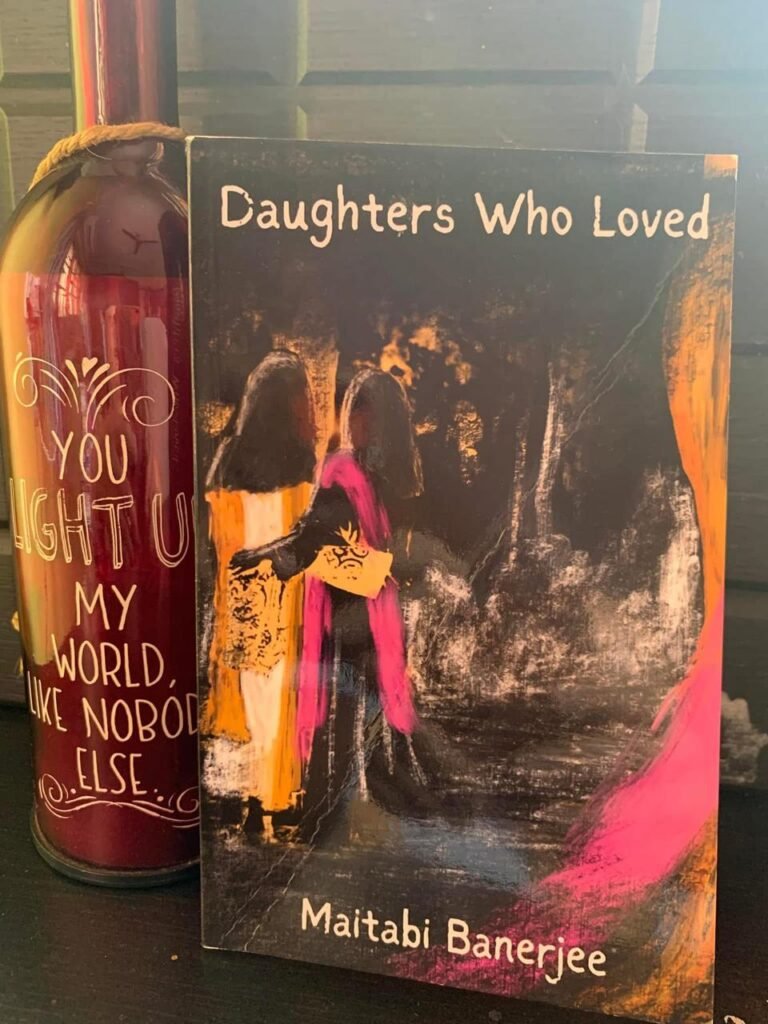
That is exactly what I experienced after reading Maitabi Banerjee’s latest book, Daughters Who Loved. As the title suggests, it is about daughters and how they come to terms with love in a world that is familiar to many of us. Even today, I insist. A world that reeks of patriarchy and powerplay that eventually creates an atmosphere of claustrophobia and confinement. And just like in real life, the sense of unease is built at a slow and studied pace with little incidents and large events till a feeling of familiarity is fostered. But just at the juncture where you presume you can predict the following piece in the plot, awaits a curve that will jerk you out of your complacence.
Undoubtedly, Daughters Who Loved, is a riveting read with layered characters, an engaging plot alongside a seamless narration and an effortless unfolding of the story. But the aspect that moved me the most is the way in which the women in the story deal with emotions. Emotions that surface through certain lines that strike a chord so deep that its aftertaste lingers even after you have finished the book and put it aside. Perhaps that’s the mark of a good writer, whose story can come out of its limited context to present a perspective that is unique yet inclusive.
“The prospect of falling in love is unsettling.”

When I read this line, I had to pause. It encapsulates how the character Julie Sharma feels when she thinks of Anil Kothari, the attractive boy whose wholesome attention has suddenly induced in her a “new state of mind”. It is mentioned that she had retrieved the line from a Sara Farizan novel but at that moment, she had made it her very own. As a female reader, I could so easily fathom how a woman can become an island amidst the quotidian chaos to cherish the charm of unease that accompanies new love and nascent longing.
A little later in the book, another conjecture about love created further resonance.
“Does love make you look at the inane stuff with this zeal?”

Indeed, things which hardly matter otherwise and even appear absurd or asinine, unexpectedly assume grandeur and greatness when someone is in love. It is through such relatable moments that we, as readers, are drawn to the characters and can assert that the author has been successful in making the reader a part of her story.
The twin sister, Mili Sharma, too, is smitten by the same love. The love that only words of Mirza Ghalib can profess. I gather that a woman’s experience of love is surely different from that of a man. She has to engage with the complexities of love to be consumed by its charisma and what emerges is chaos, which again, only she is capable of containing to create a cocoon where her love is safe. But in the beginning, she is vulnerable like Mili and it only takes Raza Naqvi to utter two lines to win her heart.
“Jaan tum par nisaar karta hoon
Main nahi janta dua kya hain!”
Hasn’t each one of us gone through this sensitivity and susceptibility sometime or the other or perhaps more than once? I must admit that the author has brilliantly yet so subtly captured these nuances of human experiences in her book that the singular narrative has evolved into a striking narration of women’s predicament.
Grief is the most indispensable ingredient of that predicament and its consequence as well. Again, lines which come to Mili’s mind when pondering on the pathetic state Anil was in, reverberate to come out of the pages and pose as the plight every woman is caught in.

“Grief is like water- its ebbs and flows. You have to learn to swim through.”
But just when you thought you had learnt to tide through the trauma, you are once more enmeshed in the “izzat” and ‘ijazat’ conundrums cunningly crafted by men made of “sterner stuff.” But do the twin sisters succumb to the fates fashioned by their father or do they carve their own catharsis as a response to the regression they have been subject to? That’s for you to find out.
For me, Daughters Who Loved is a tale that defines the emotions of a woman; a tale that each one of us will get to live as we read; a tale, which belongs as much to the reader as it does to the author herself. Maitabi Banerjee’s book indeed reminds me of Fyodor Dostoevsky…
At first, art imitates life. Then life will imitate art. Then life will find its very existence from the arts.
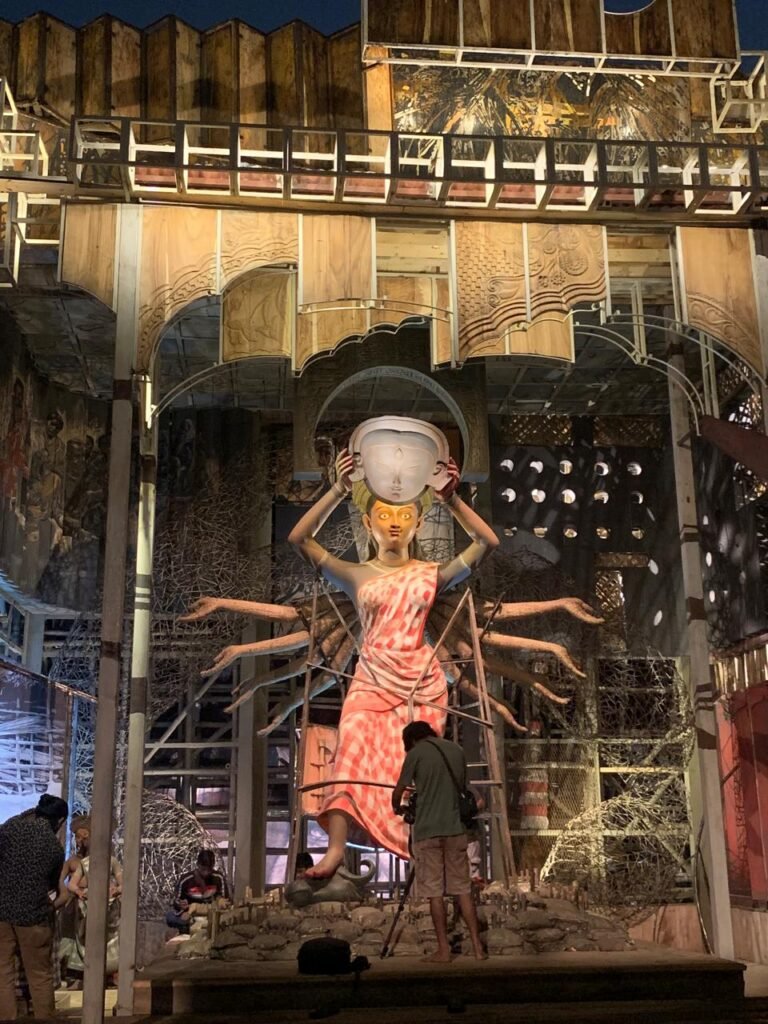
And as every woman, every day, walks on that life-art journey, does her core and charm empower her to make sense of the chaos that circumscribes her or is she still a puppet to the machinations of a discreetly dictatorial society?
A book like this one compels you to pause, ponder and proclaim that.

By Promita Banerjee Nag
An avid word enthusiast and content-churner, Promita is fuelled by novel writings, ideas and light-hearted banter. A teacher by passion, she treads the path of unequivocal learning with and through her students. Mother, music and ‘mishti’ mostly convince her. If you wish for a tête-à-tête, feel free to reach out to her at promita033@gmail.com.





